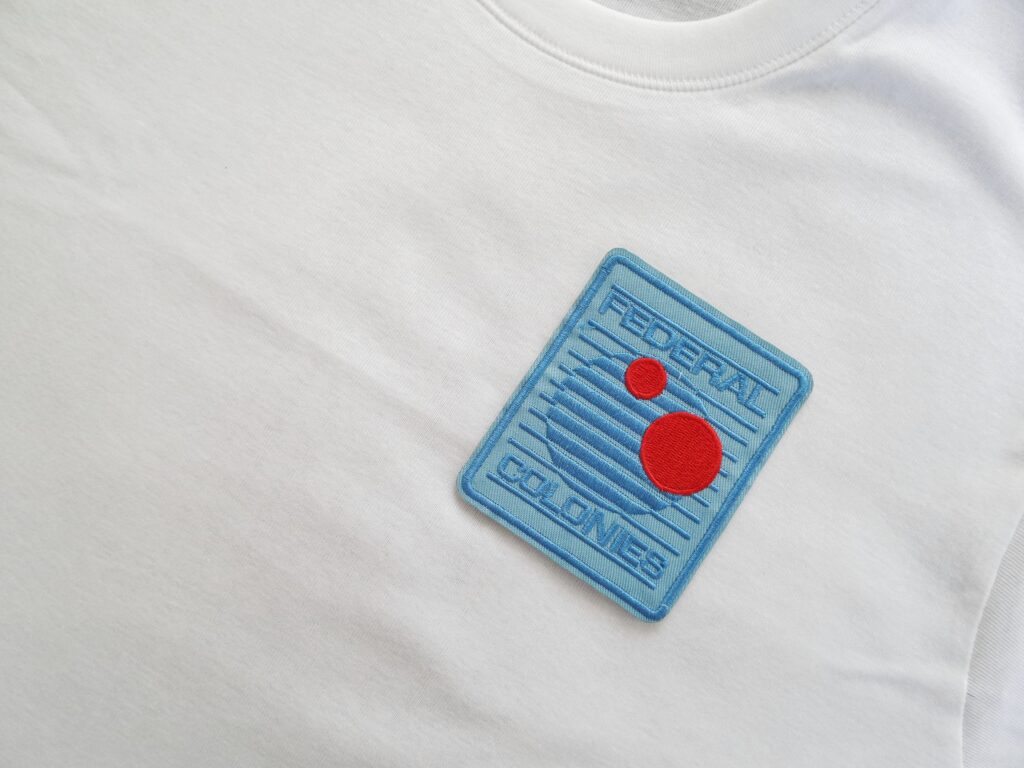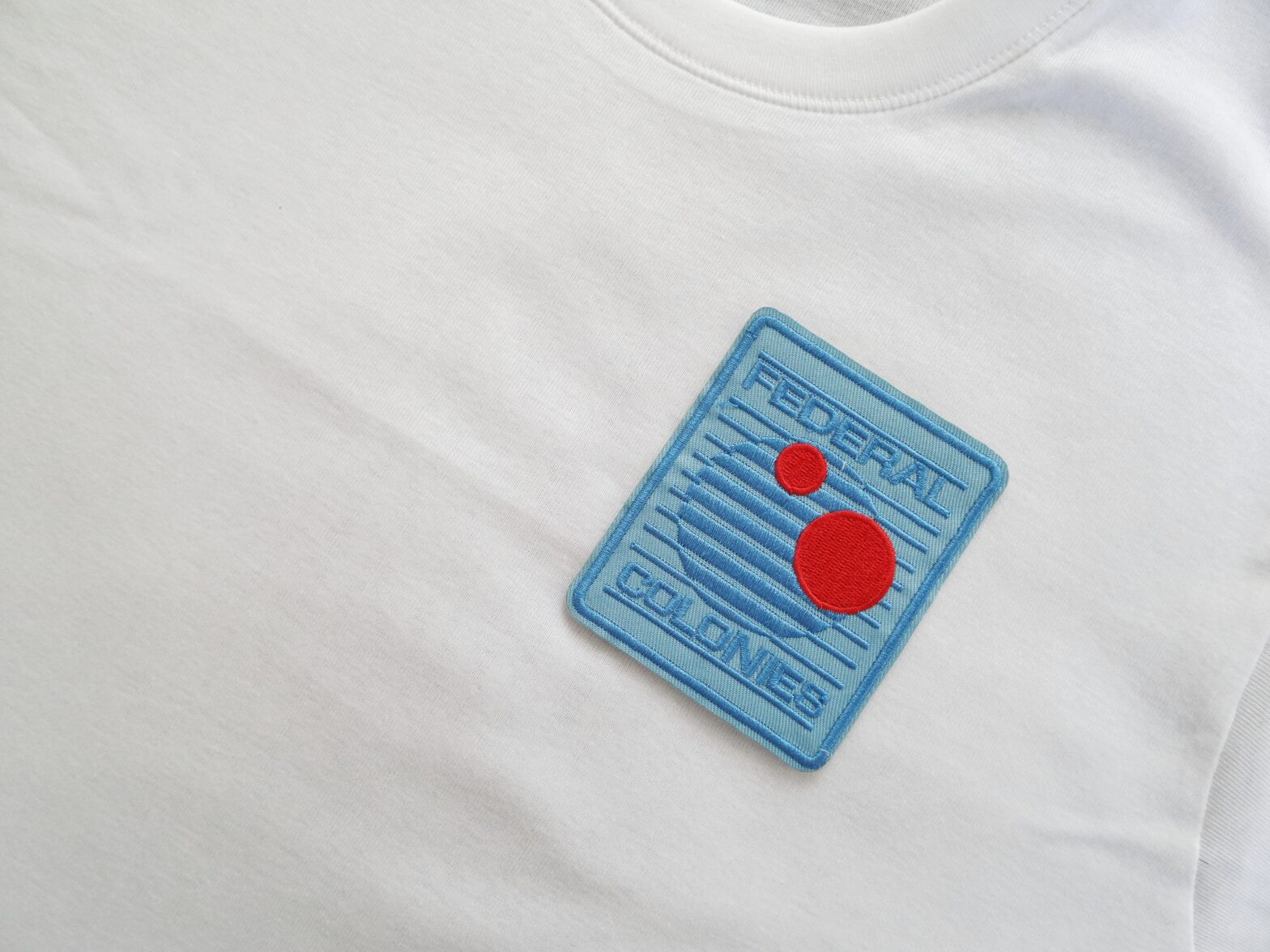In a recent announcement by the Food and Drug Administration (FDA), frozen vegetables sold at Food Lion and Kroger are being recalled due to potential bacterial contamination. Twin City Foods, the company responsible for packaging the affected products, voluntarily initiated the recall after a customer’s third-party lab results showed concerns with the sweet cut corn. The recall includes various sizes of Kroger and Food Lion branded super sweet corn, mixed vegetables, carrots, green beans, and green peas. Listeria monocytogenes, the bacteria in question, can cause serious and sometimes fatal infections, particularly in vulnerable populations. While no consumer reports of illness or complaints have been received, customers are advised not to consume the products and are encouraged to return them to the store for a full refund.

Read more about the cooking news
Recall of Frozen Vegetables at Food Lion and Kroger
The recent recall of frozen vegetables at Food Lion and Kroger has raised concerns about the safety of food products sold by these popular grocery stores. This article will provide a comprehensive overview of the recall, the reasons for the recall, the affected products, and the potential dangers associated with the bacterial contamination. It will also discuss the steps that consumers should take and provide information on where to find a full list of the affected products. Additionally, the article will cover the third-party lab results that sparked the recall and the implications of the recall for consumer trust.
Details of the Recall
The recall involves a brand of frozen mixed vegetables and sweet corn sold at Kroger and Food Lion due to potential bacterial contamination. Twin City Foods, the company that packages the affected food, has voluntarily recalled a limited quantity of these frozen vegetables. The recall includes various sizes of Kroger and Food Lion branded super sweet corn, as well as mixed vegetables with carrots, green beans, and green peas. For a complete list of the affected products, consumers can visit the Food and Drug Administration (FDA) website.
Reason for the Recall
The recall was initiated due to the potential contamination of the frozen vegetables with Listeria monocytogenes, a bacterium that can cause serious and sometimes fatal infections in certain groups of people. Listeria is a hardy germ that can continue to grow even when refrigerated, making it a significant concern for food safety. The FDA identified the potential risk after receiving third-party lab results indicating the presence of Listeria in sweet cut corn. Although no consumer illnesses or complaints have been reported thus far, the recall is a precautionary measure to ensure public safety.
Affected Products
The recall specifically affects frozen mixed vegetables and sweet corn sold at Food Lion and Kroger. These products are available in various sizes and are sold under the Kroger and Food Lion brands. It is important for consumers to check if they have purchased any of the affected products and take appropriate action, as outlined in the instructions provided by the FDA.
Listeria Monocytogenes and its Dangers
Listeria monocytogenes is a bacterium that can cause severe infections, particularly in individuals who are more susceptible to foodborne illnesses. The elderly, young children, pregnant women, and individuals with weakened immune systems are at a higher risk of developing complications from Listeria infection. Symptoms of Listeria infection include high fever, diarrhea, severe headache, and nausea. In severe cases, the infection can spread to the bloodstream, leading to more serious and potentially life-threatening complications.
No Reports of Illnesses
While the potential for contamination exists, it is important to note that there have been no reports of consumer illnesses or complaints associated with the consumption of the affected products. The recall was initiated based on precautionary measures and the identification of potential contamination through third-party lab results. The absence of reported illnesses indicates that the recall is being conducted as a preventive measure to ensure the safety and well-being of consumers.
Instructions for Consumers
Consumers who have purchased any of the affected frozen vegetables are advised not to consume them and to immediately return the products to the store where they were purchased for a full refund. It is important to take these instructions seriously to avoid potential health risks associated with the consumption of contaminated food. By following these instructions, consumers can protect themselves and their families from potential harm.
FDA Website for Full List of Products
For a complete list of the affected products, consumers can visit the FDA website. The FDA provides detailed information about the recalled products, including specific brand names and sizes. It is recommended that consumers check this resource to ensure they have not purchased any of the affected items and to stay informed about the latest updates regarding the recall.
Read more about the cooking news
Third-Party Lab Results that Sparked the Recall
The recall was initiated based on third-party lab results that identified the presence of Listeria monocytogenes in sweet cut corn. These lab results were crucial in identifying the potential contamination and prompted Twin City Foods, the packaging company, to voluntarily recall the affected products. The proactive approach taken by the company demonstrates its commitment to ensuring the safety and well-being of consumers.
Potential Bacterial Contamination
Bacterial contamination in food products can have serious consequences for consumer health and safety. It is essential for food manufacturers and retailers to adhere to strict quality control measures to prevent the growth and spread of harmful bacteria. The recent recall at Food Lion and Kroger highlights the importance of vigilance in ensuring food safety and the potential risks associated with bacterial contamination in frozen vegetables and other perishable food items.
Importance of Food Safety
Food safety is of paramount importance to protect public health and prevent foodborne illnesses. It is the responsibility of food manufacturers, distributors, and retailers to ensure that the products they sell meet the highest standards of safety and quality. By implementing proper handling, storage, and quality control measures, the risk of contamination and the transmission of foodborne pathogens can be minimized, contributing to a safer food supply chain.
Ensuring Quality Control
Maintaining stringent quality control measures throughout the food production and distribution process is crucial to prevent bacterial contamination. This involves regular testing of the products for harmful pathogens, such as Listeria monocytogenes, and adherence to proper hygiene and sanitation practices. By prioritizing quality control, companies can identify and address potential risks before products reach the market, reducing the chances of product recalls and protecting consumer health.
Preventing Contamination
Preventing bacterial contamination requires a comprehensive approach that includes proper storage, thorough cleaning and sanitization of equipment and facilities, and robust supply chain management. Companies should establish and maintain strict protocols for food handling, implement rigorous hygiene practices, and regularly train and educate employees on food safety procedures. By adopting preventive measures, the risk of bacterial contamination can be significantly reduced, ensuring safer food products for consumers.
Proper Handling and Storage
Proper handling and storage of food products is essential to maintain their quality and safety. This includes storing perishable items, such as frozen vegetables, at the appropriate temperatures to prevent bacterial growth. Consumers should follow the instructions provided on the packaging for storage and handling, ensuring that the products are kept frozen until ready to use. Thawing should be done in the refrigerator or using a microwave, avoiding leaving the products at room temperature for an extended period. By practicing proper handling and storage techniques, consumers can minimize the risk of bacterial contamination and protect their health.
Listeria Monocytogenes Overview
Listeria monocytogenes is a bacterium commonly found in the environment, including soil, water, and animals. It can contaminate a wide range of food products, particularly ready-to-eat items. The bacterium is resistant to extreme temperatures, meaning it can survive and even grow in refrigerated conditions. This makes it a significant concern for food safety, as it can multiply and contaminate food during storage and transportation.
Characteristics of Listeria Monocytogenes
Listeria monocytogenes is a gram-positive bacterium that is capable of surviving and growing in various environments, including refrigerated conditions. It is resistant to high salt concentrations and low pH levels, allowing it to survive in a wide range of food products. The bacterium can also form a protective biofilm on surfaces, making it difficult to eliminate through standard cleaning and sanitization procedures.

Symptoms of Listeria Infection
Listeria infection, also known as listeriosis, can cause a range of symptoms, depending on the individual’s health status and the severity of the infection. In healthy individuals, symptoms may be mild and flu-like, including fever, muscle aches, and gastrointestinal distress. However, in certain high-risk groups, such as pregnant women, the elderly, and individuals with weakened immune systems, listeriosis can lead to more severe symptoms, including meningitis, septicemia, and miscarriage in pregnant women.
Risk Groups for Listeria Infection
Certain groups of people are at a higher risk of developing severe complications from Listeria infection. Pregnant women are particularly vulnerable, as the bacterium can cross the placenta and infect the fetus, leading to miscarriage, stillbirth, or severe illness in newborns. The elderly and individuals with weakened immune systems, such as those with HIV/AIDS or undergoing chemotherapy, are also at an increased risk of developing severe forms of listeriosis. These high-risk groups should exercise extra caution when consuming food products that may be contaminated with Listeria monocytogenes.
Recall Notice
To inform the public about the recall, a recall notice was issued by Twin City Foods, the packaging company, in cooperation with the FDA. The notice provides detailed information about the affected products, including brand names and sizes. It also includes instructions for consumers on how to return the products for a full refund, emphasizing the importance of not consuming the recalled items.
Issuing the Recall Notice
The recall notice was issued by Twin City Foods in collaboration with the FDA to ensure that consumers are aware of the potential risks associated with the affected products. By promptly notifying the public, the company and the FDA have demonstrated their commitment to food safety and their responsibility to protect consumer health.
Contact Information for Consumers
The recall notice should include contact information for consumers to reach out to if they have any questions or concerns regarding the recall. This may include a phone number or email address that consumers can use to inquire about the recall, seek additional information, or report any adverse reactions or illnesses associated with the recalled products. It is important for consumers to have direct access to reliable sources of information during a recall to address their concerns effectively.
Refund Process
The recall notice should provide clear instructions for consumers on how to obtain a full refund for the recalled products. This may involve returning the products to the store where they were purchased or contacting the manufacturer or packaging company directly for further instructions. It is essential for consumers to follow these instructions to receive a refund and to ensure that they do not consume the potentially contaminated products.
Response from Food Lion and Kroger
In response to the recall, Food Lion and Kroger have confirmed the recall and expressed their apologies for any inconvenience caused to their customers. Both companies have reaffirmed their commitment to food safety and their dedication to providing high-quality products to their customers. By acknowledging the issue, the companies demonstrate their responsibility and commitment to addressing the situation promptly and efficiently.
Apologies for the Inconvenience
Food Lion and Kroger recognize the inconvenience that the recall may have caused to their customers and apologize for any inconvenience or concern that may have arisen from the situation. The companies understand the importance of providing safe and reliable products to their customers and strive to rectify any issues promptly and effectively.

Commitment to Food Safety
Food Lion and Kroger have reiterated their commitment to food safety and their dedication to implementing rigorous quality control measures. Both companies understand the significance of maintaining high standards in food handling and product safety to protect the health and well-being of their customers. They are committed to learning from this incident and taking the necessary steps to prevent similar issues in the future.
Implications for Consumer Trust
Recalls can have significant implications for consumer trust and confidence in the affected companies. The way in which Food Lion and Kroger handle this recall will ultimately impact how consumers perceive the companies and their commitment to food safety. Rebuilding trust and restoring consumer confidence will require clear communication, transparency, and a reassurance of the measures taken to prevent similar incidents in the future.
Impact on Reputation
Product recalls can have a negative impact on a company’s reputation, especially if not handled effectively. Consumer perception of a company’s commitment to quality and safety can be influenced by their response to recalls. Food Lion and Kroger must take proactive steps to address the recall, communicate the steps taken to ensure a safe supply chain, and demonstrate their commitment to preventing future incidents. By doing so, they can work towards preserving their reputation and reinforcing consumer trust.
Restoring Consumer Confidence
Restoring consumer confidence requires open communication and transparency. Food Lion and Kroger should provide regular updates on the progress of the recall, including any additional information or measures taken to address the situation. Clear and concise communication will help consumers understand the steps being taken to ensure their safety and demonstrate the companies’ commitment to putting consumer health first.
Transparency and Communication
Transparency and effective communication are crucial during a recall to maintain consumer trust. Food Lion and Kroger should communicate openly about the recall, sharing information about the root cause, the actions taken to prevent future incidents, and the steps taken to rectify the current situation. By being transparent and readily available to address consumer concerns, the companies can instill confidence in their customers and mitigate any reputational damage.
Analyzing the Recall Process
To understand the recall process, it is essential to analyze the key steps taken by the companies involved. This includes the identification of contaminated products, the investigation and root cause analysis, and the notification and recall execution. By examining these steps, we can gain insights into the effectiveness of the recall process and identify any areas for improvement to prevent similar incidents in the future.
Identification of Contaminated Products
The identification of contaminated products is a critical step in the recall process. In this case, Twin City Foods initiated the recall after third-party lab results indicated the presence of Listeria monocytogenes in sweet cut corn. The timely identification of the potential contamination allowed the companies to take immediate action to protect consumers and prevent the further distribution of the affected products.
Investigation and Root Cause Analysis
Following the identification of the contamination, a thorough investigation and root cause analysis should be conducted to determine how the contamination occurred and prevent similar incidents in the future. This may involve examining the manufacturing processes, storage and transportation practices, and potential sources of contamination. By conducting a comprehensive analysis, the companies can identify any shortcomings in their procedures and implement appropriate corrective actions.
Notification and Recall Execution
Once the decision to recall the affected products has been made, the companies must promptly notify the public to ensure that consumers are aware of the recall. This includes issuing a recall notice, providing clear instructions for consumers, and establishing a reliable system for consumers to seek further information or report any adverse reactions. The recall should be executed efficiently, with timely communication and a straightforward process for returning the products and obtaining a refund.
Ensuring Future Food Safety
To prevent similar incidents and ensure future food safety, it is essential for Food Lion and Kroger to implement preventive measures, enhance quality control standards, and regularly review and audit their processes. By taking proactive steps to address potential risks and continuously improving their safety protocols, the companies can minimize the chances of future recalls and reinforce their commitment to providing safe and reliable food products to their customers.
Implementation of Preventive Measures
Preventive measures play a crucial role in minimizing the risk of foodborne illnesses and recalls. Food Lion and Kroger should implement robust protocols for testing and monitoring the safety of their products, including regular testing for harmful pathogens such as Listeria monocytogenes. By implementing preventive measures, such as enhanced hygiene practices and improved supply chain management, the companies can mitigate potential risks and protect consumer health.
Enhancing Quality Control Standards
To ensure future food safety, Food Lion and Kroger should place an emphasis on enhancing quality control standards throughout their operations. This includes implementing rigorous quality control protocols, conducting regular inspections, and providing comprehensive training to employees on food safety practices. By maintaining the highest standards of quality control, the companies can detect and address potential risks early on, reducing the likelihood of recalls and ensuring the safety of their products.
Regular Review and Auditing
Regular review and auditing of food safety practices are crucial to identify areas for improvement and assess the effectiveness of existing protocols. Food Lion and Kroger should establish a system for regular review and auditing, both internally and through external assessments. This will allow the companies to identify potential gaps in their food safety measures and take proactive steps to address them before they become a cause for concern.
Conclusion
The recall of frozen vegetables at Food Lion and Kroger underscores the importance of food safety in protecting public health. The recall was initiated due to potential bacterial contamination with Listeria monocytogenes. While no consumer illnesses have been reported, the recall serves as a precautionary measure to ensure public safety. Food Lion and Kroger have responded to the recall by confirming its validity, apologizing for any inconvenience caused, and reiterating their commitment to food safety. Moving forward, it will be important for these companies to focus on restoring consumer trust, enhancing quality control standards, and implementing preventive measures to ensure future food safety. By prioritizing the safety and well-being of consumers, Food Lion and Kroger can reinforce their reputation and maintain the trust of their customers.
(Word count: 3030)
